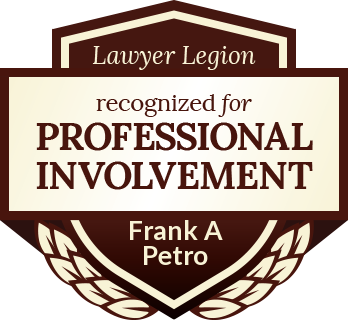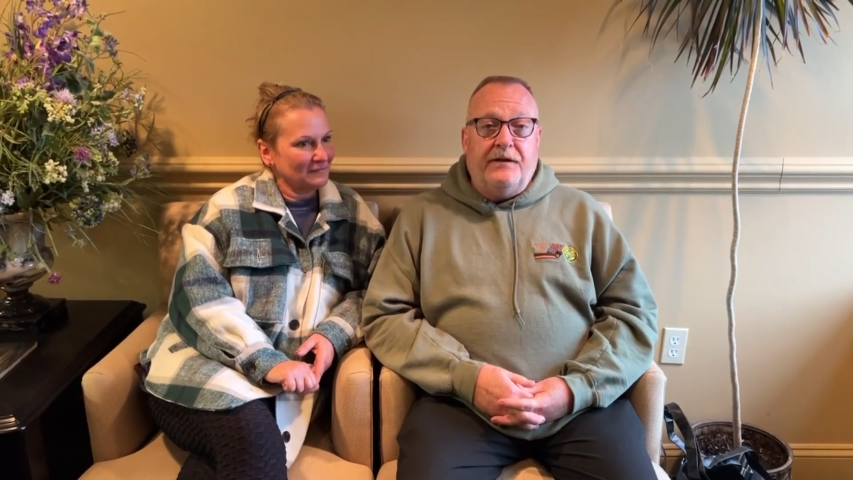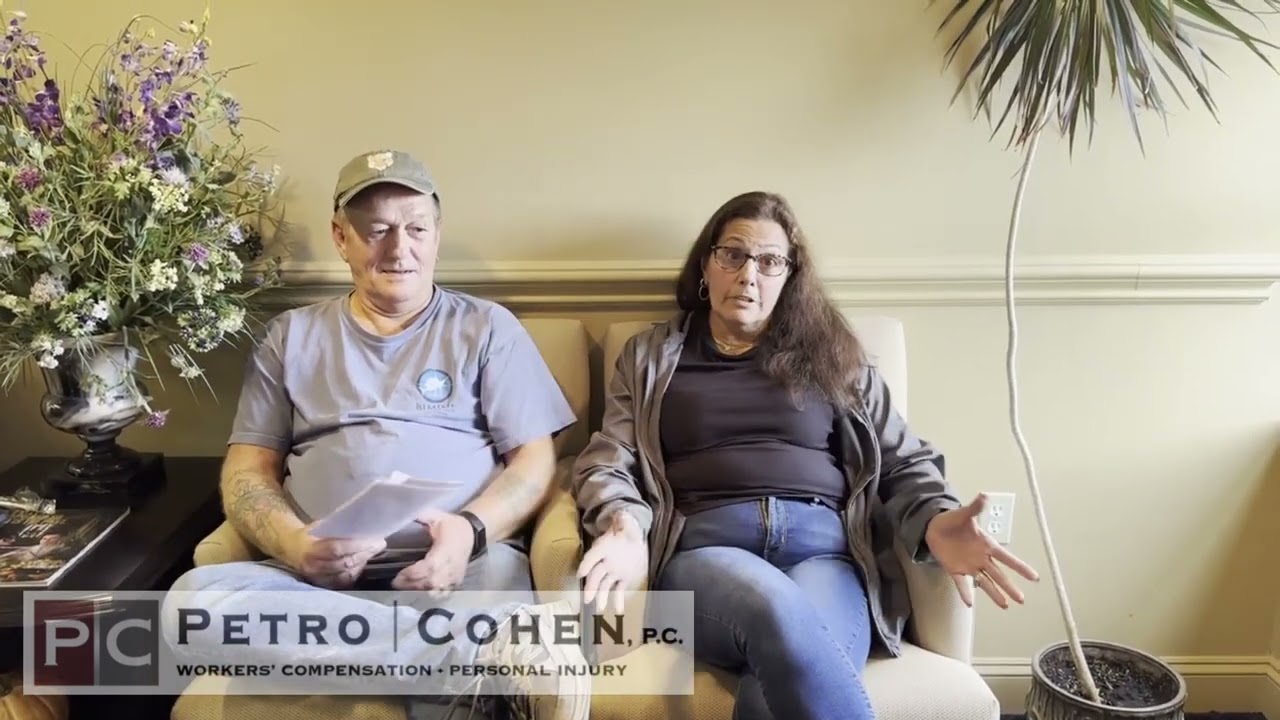
Losing a loved one is never easy. The pain and grief are even worse when their death results from another party’s negligence. While no amount of money will undo this tragedy, filing a wrongful death claim can help your family ease some of the unexpected financial burdens. Holding the responsible parties accountable can also bring a tiny bit of relief. If you have questions about the legal process, contact our New Jersey wrongful death lawyers at Petro Cohen.
What Is a Wrongful Death Claim?
Certain family members of the deceased victim can bring a wrongful death claim against all parties responsible for the person’s death. Wrongful death claims are brought by the family members of a person who died due to someone else’s negligence, recklessness, or intentional actions.
Wrongful death claims compensate surviving family members for their losses, including loss of financial support, emotional pain and suffering, and loss of companionship.
What Are the Most Common Types of Wrongful Death Claims?
Wrongful death claims can arise from a variety of events and accidents. Some of the most common types of wrongful death claims in New Jersey include the following:
- Medical malpractice resulting from a healthcare professional’s negligence or medical error, such as delayed or misdiagnosis, surgical errors, and medication errors;
- Car accidents caused by someone else’s negligence or recklessness, including distracted driving and driving under the influence;
- Workplace accidents, such as construction site accidents;
- Defective products, including everything from household appliances and children’s toys to vehicles and medical implants; and
- Premises liability claims, such as slip and fall accidents, drowning, negligent security, and dog bites.
These are only a few potential accidents that can lead to a wrongful death claim. If you lost a loved one due to negligence, contact the New Jersey wrongful death attorneys at Petro Cohen to learn more about your family’s legal rights.
Who Can File a Wrongful Death Lawsuit in New Jersey?
In New Jersey, only certain family members have the legal right to file a wrongful death lawsuit. These family members include the decedent’s spouse, children, and parents. If the decedent has no spouse, children, or parents, other family members, such as siblings or grandparents, may be able to file the lawsuit.
In New Jersey, the estate’s personal representative, or executor, files a lawsuit on behalf of the surviving family members. The personal representative is responsible for managing all aspects of the legal proceedings related to the wrongful death suit. Although they file on behalf of the family, it doesn’t mean they are receiving any share of the proceeds unless they qualify under New Jersey law.
Statute of Limitations for Wrongful Death Claims in New Jersey
It’s important to note that the statute of limitations for filing a wrongful death lawsuit in New Jersey is two years from the date of the person’s death. If you wait too long to file your case, you may lose your right to recover damages.
Don’t inadvertently risk your family’s rights by waiting too long to file. While two years applies in most wrongful death lawsuits, some circumstances could alter the filing deadline. Don’t assume you know the statute of limitations without speaking to an experienced wrongful death attorney in New Jersey.
What Kind of Damages Can Family Members Recover?
Family members can seek compensation for their damages when filing a wrongful death lawsuit in New Jersey. Potential examples include:
- Funeral and burial expenses,
- Hospital bills after death, and
- Lost income and future earnings.
Wrongful death damages focus on the losses of surviving family members, not the deceased’s losses. In some cases, family members might be able to recover some of the deceased’s damages through a survival action claim.
What is The Difference Between a Survival Action and a Wrongful Death Claim?
While often filed together, wrongful death claims and survival actions have notable distinctions. A wrongful death claim compensates the surviving family members for their losses. At the same time, a survival action reimburses the deceased’s estate for any expenses incurred before their passing. Speak with a wrongful death attorney in New Jersey to learn more about the differences between a survival action and a wrongful death lawsuit.
Loss of Consortium Claims in New Jersey
New Jersey also recognizes a separate loss of consortium claim. Loss of consortium refers to the loss of love, companionship, and physical intimacy that the surviving spouse has suffered due to their partner’s death. Spouses can seek loss of consortium damages in a separate lawsuit.
Why Should You Hire a Wrongful Death Lawyer in New Jersey?
Filing a wrongful death lawsuit in New Jersey can be complex and emotionally challenging. You must thoroughly understand New Jersey wrongful death laws and the legal process to maximize your chances of obtaining a successful outcome.
Our New Jersey wrongful death lawyers can provide you with experienced legal counsel and protect your family’s rights. At Petro Cohen, we will gather and preserve evidence, handle all communications with the defendants and their legal counsel, negotiate a potential settlement on your family’s behalf, and more. Should it be necessary to proceed with litigation, we will represent your family’s interests through trial. Contact us today.
Our experienced attorneys handle other types of cases as well, including:
- Automobile Accidents
- Trucking Accidents
- Bicycle & Motorcycle Accidents
- Bus Accidents
- Pedestrian Accidents
- Slip & Fall / Trip & Fall
- Dog Bite & Animal Attacks
- Dangerous Property Conditions
- Construction Accidents
- Product Liability & Industrial Accidents
- Claims Against Public Entities
- Wrongful Death Claims
The attorneys at Petro Cohen, P.C., also handle:

















